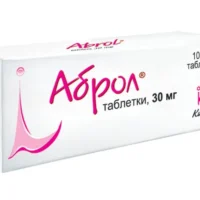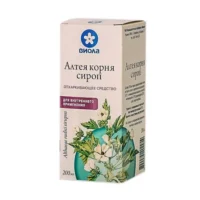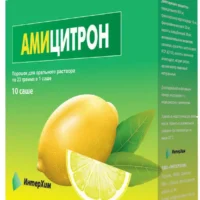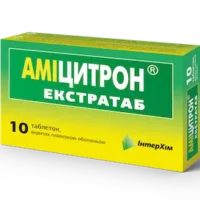Description
Teraflu (paracetamol, phenylephrine) Powder for Oral Solution Sachets №10
Ingredients
- Paracetamol – 500mg
- Phenylephrine – 10mg
Dosage
Adults and children over 12 years: Dissolve the contents of one sachet in hot water and drink. Repeat every 4-6 hours as needed. Do not exceed 4 sachets in 24 hours.
Indications
Teraflu powder is indicated for the relief of symptoms associated with colds and flu, including headache, fever, nasal congestion, and sinus pressure.
Contraindications
Do not use Teraflu powder if you are allergic to paracetamol or phenylephrine. Consult a healthcare professional before use if you have high blood pressure, heart disease, or are taking other medications.
Directions
Empty one sachet into a mug and fill with hot, but not boiling, water. Stir well and drink. Do not take more than the recommended dose.
Scientific Evidence
Teraflu (paracetamol, phenylephrine) powder has been studied in clinical trials for its efficacy in relieving cold and flu symptoms. Research has shown that the combination of paracetamol and phenylephrine provides effective relief from headache, fever, and nasal congestion.
Pharmacological Effects: Paracetamol works by reducing the production of prostaglandins in the brain that cause pain and fever. Phenylephrine is a decongestant that constricts blood vessels in the nasal passages, reducing congestion.
Comparative Effectiveness: Compared to other over-the-counter cold and flu remedies, Teraflu powder offers a convenient and fast-acting solution for multiple symptoms in one dose.





